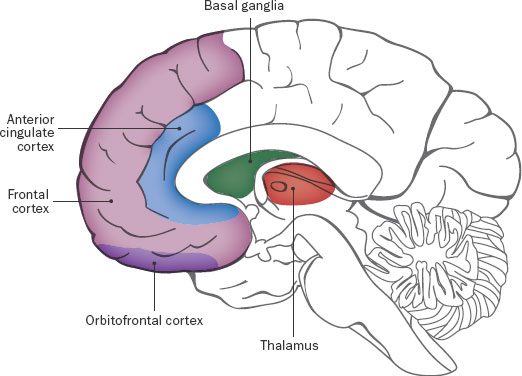Unlocking Hope: The Promise of OCD Clinical Trials

Obsessive-Compulsive Disorder (OCD) affects millions of people worldwide, causing distressing and intrusive thoughts that lead to repetitive behaviors. While there are effective treatments available, such as therapy and medication, some individuals may not respond well to these options. This is where OCD clinical trials come in, offering new hope and potential breakthroughs for those struggling with this challenging mental health condition.
The Importance of OCD Clinical Trials
OCD clinical trials play a crucial role in advancing our understanding of the disorder and developing innovative treatment approaches. These trials provide researchers with the opportunity to test new medications, therapies, and interventions in a controlled setting, helping to determine their effectiveness and safety. By participating in clinical trials, individuals with OCD can contribute to the advancement of scientific knowledge and potentially benefit from cutting-edge treatments that are not yet available to the general public.
Benefits of Participating in OCD Clinical Trials
- Access to novel treatments that may be more effective than current options
- Contribution to the development of future therapies for OCD
- Closer monitoring and support from a team of experts
- Potential for improvement in symptoms and quality of life
Risks and Considerations
- Potential side effects from experimental treatments
- Uncertainty about the effectiveness of the intervention being tested
- Possible time commitment for study visits and assessments
- Confidentiality concerns regarding personal health information
Current Trends in OCD Research
Recent advances in OCD research have led to promising new insights into the underlying causes of the disorder and potential treatment targets. Researchers are exploring innovative approaches, such as brain stimulation techniques and personalized medicine, to tailor treatments to individual needs. By staying up-to-date on the latest trends in OCD research, individuals can make informed decisions about participating in clinical trials and access cutting-edge interventions that may improve their symptoms.
Emerging Therapies and Interventions
- Deep brain stimulation for treatment-resistant OCD
- Virtual reality exposure therapy for managing obsessive thoughts
- Novel medication targets based on neurobiological research
- Cognitive-behavioral therapy enhancements for better outcomes
Personalized Medicine in OCD Treatment
Personalized medicine, also known as precision medicine, involves tailoring treatments to individual characteristics, such as genetic makeup and lifestyle factors. In the context of OCD, personalized medicine holds great potential for optimizing treatment outcomes and reducing the trial-and-error process often associated with finding the right intervention. By identifying biomarkers and genetic variants associated with OCD, researchers aim to develop targeted therapies that address the unique needs of each individual.
How to Get Involved in OCD Clinical Trials
For individuals interested in participating in OCD clinical trials, there are several steps to consider before enrolling in a study. It's essential to research available trials, assess the potential benefits and risks, and consult with healthcare providers to ensure that participation is a suitable option. By actively engaging in the process and staying informed, individuals can make informed decisions about their involvement in OCD research.
Steps to Consider Before Participating
- Research available clinical trials through reputable sources
- Discuss participation with healthcare providers and mental health professionals
- Review the informed consent document thoroughly to understand study requirements
- Ask questions about the trial protocol, potential benefits, and risks involved
Resources for Finding OCD Clinical Trials
- National Institute of Mental Health (NIMH) clinical trials database
- ClinicalTrials.gov, a comprehensive registry of clinical studies
- Local universities and research centers specializing in mental health
- Online platforms and advocacy organizations dedicated to OCD research
Conclusion
OCD clinical trials offer a beacon of hope for individuals seeking innovative treatment options and a chance to contribute to the advancement of scientific knowledge. By exploring emerging therapies, personalized medicine approaches, and new research trends, individuals can make informed decisions about their mental health care and potential participation in clinical trials. Through collaboration between researchers, healthcare providers, and individuals with OCD, the promise of unlocking hope through clinical trials becomes a reality.
